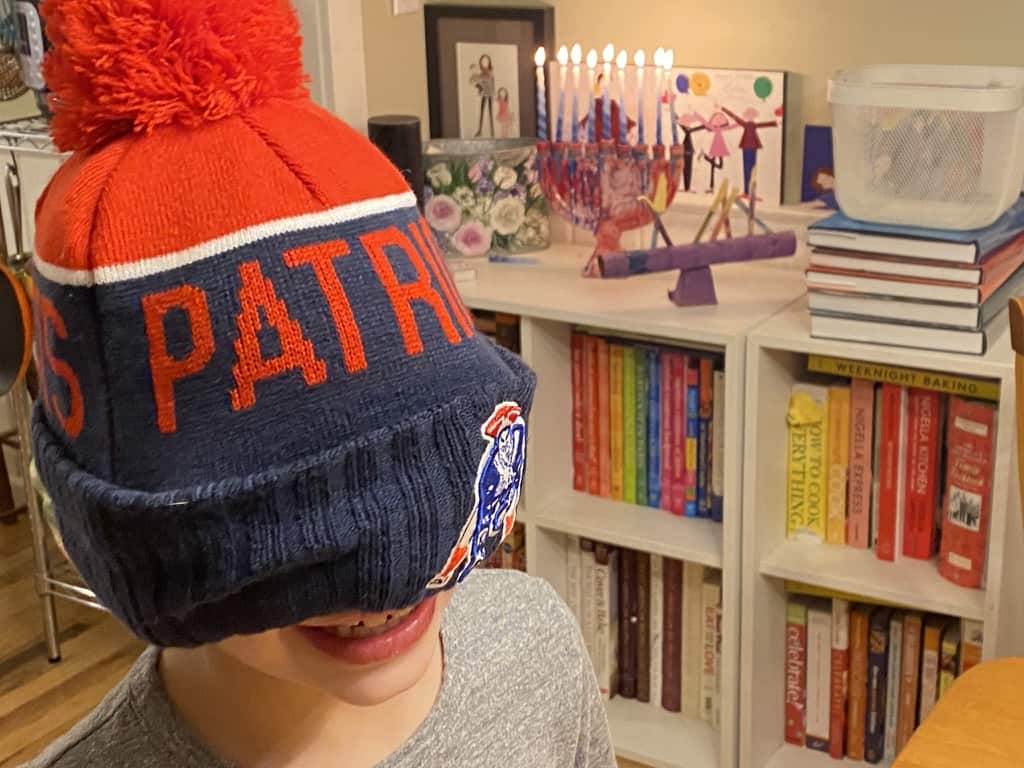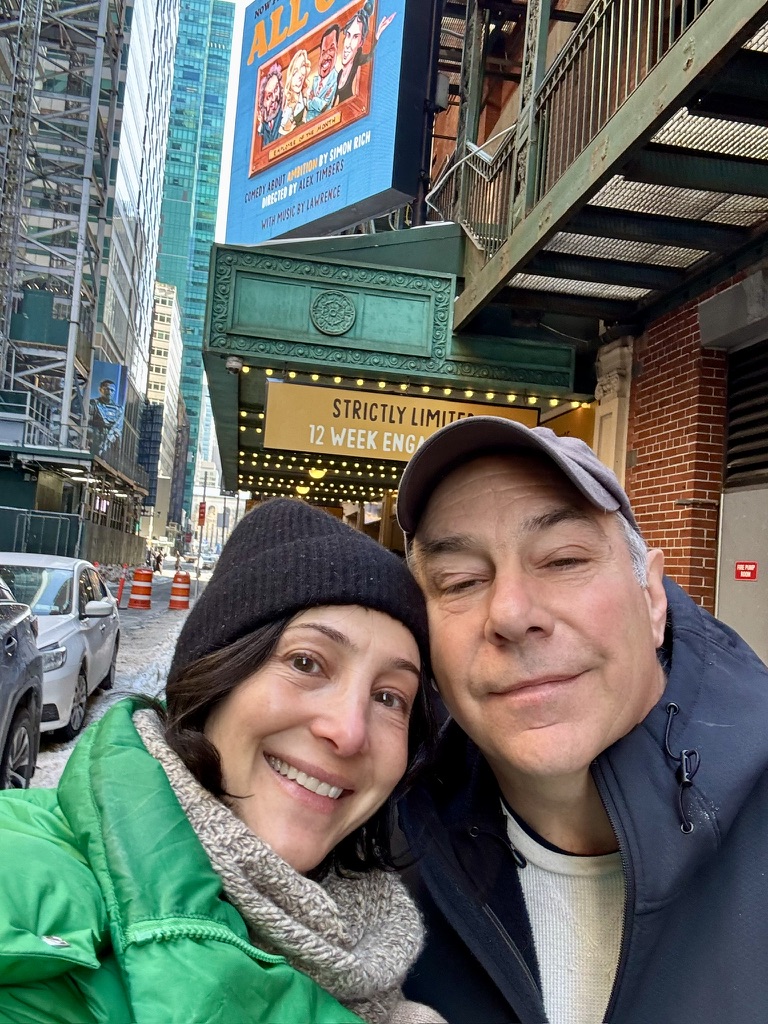I took Charlie to the dentist last week to have sealant applied to his teeth to reduce the chances of cavities.
When Charlie and the dentist remerged from the office, the dentist said, “Okay, no candy or sticky foods. Okay?”
“Sure,” I said.
Ten minutes later, we were in 7-11, buying milk. Charlie asked for a bag of potato chips, and I said yes. He had been nervous about the sealant but had handled it well. He deserves some salty goodness.
As we left 7-11, Charlie looked back and said in the saddest, more forlorn voice I’ve ever heard, “I’m really going to miss candy.”
It took me a moment to understand what he meant. Then it hit me.
“Charlie,” I said. “The dentist only meant no candy today. Not forever. You know that. Right?”
Charlie stopped and sighed the biggest sigh I’ve ever heard him sigh. “Oh, thank God,” he said. “I was so sad about never having candy again.”
“You thought you’d never be able to eat another piece of candy in your life?”
“Yes,” he said. “And I was so sad.”
It sounds silly, but knowing that Charlie was that sad for about 15 minutes still breaks my heart. I think about him sitting in the back seat of my car, running through all the things that he loves in his mind and knowing he could never taste them again.
Licorice laces. Starburst. Lollipops. Skittles. Candy bars.
Something about knowing how sad he was, even if it was short lived and unfounded, kills me.
It’s also a good reminder of how strange and scary the world can seem to children. Misconceptions abound. Confusion and misinterpretation are commonplace among kids. It’s why we teach them about science and history. It’s why we sit them down and teach them about sex. It’s why we work like hell to get kids to trust us, so that they are willing to tell us about the things they may have misconstrued or misjudged. It’s why we keep kids talking as much as possible, as long as possible.
The more they say, the more we know about how they see the world.
You never know what misguided sadness or fear might be lingering in their heart. It’s impossible to predict how one offhanded comment or misunderstood message might have them feeling frightened or confused. You can’t know what tiny bit of stupidity, uttered by a classmate, could have then reeling inside.
Charlie’s misunderstanding was only about sugary sweetness. It wasn’t the end of the world. But in the mind of a nine year-old boy, it was the end of an important part of his world. The sweet part. The part he truly adores.
Even 15 minutes of world ending sadness is too much.



